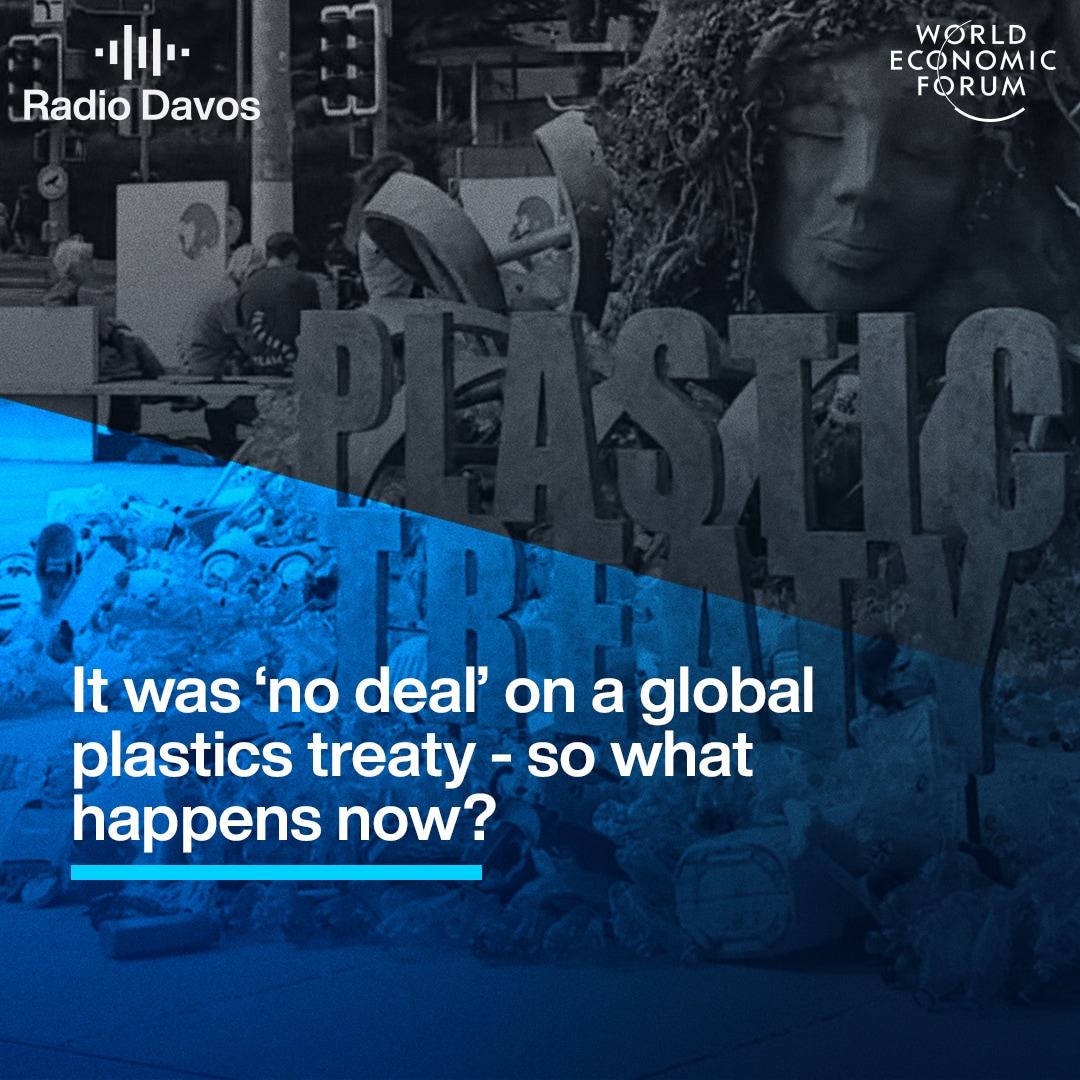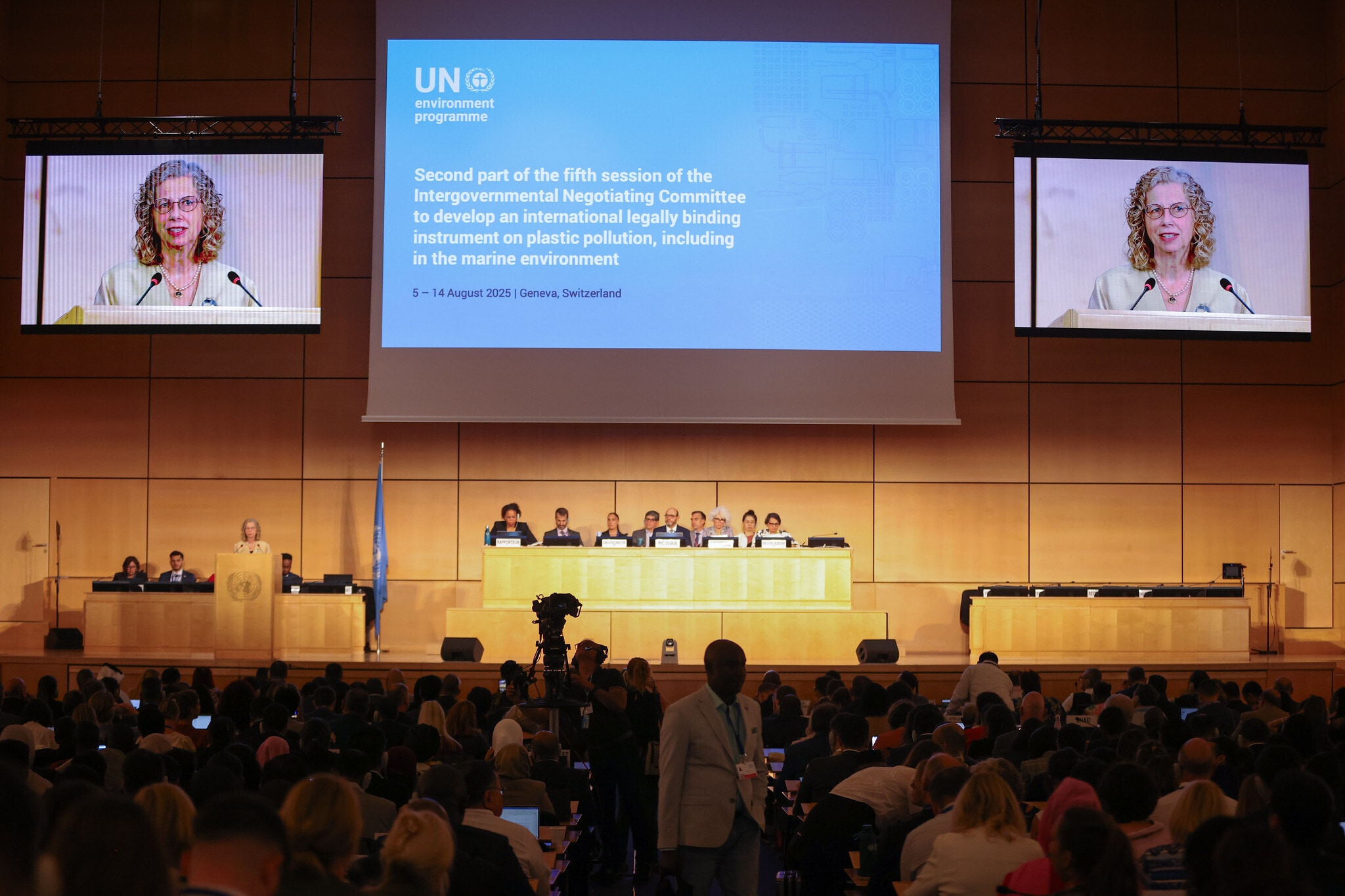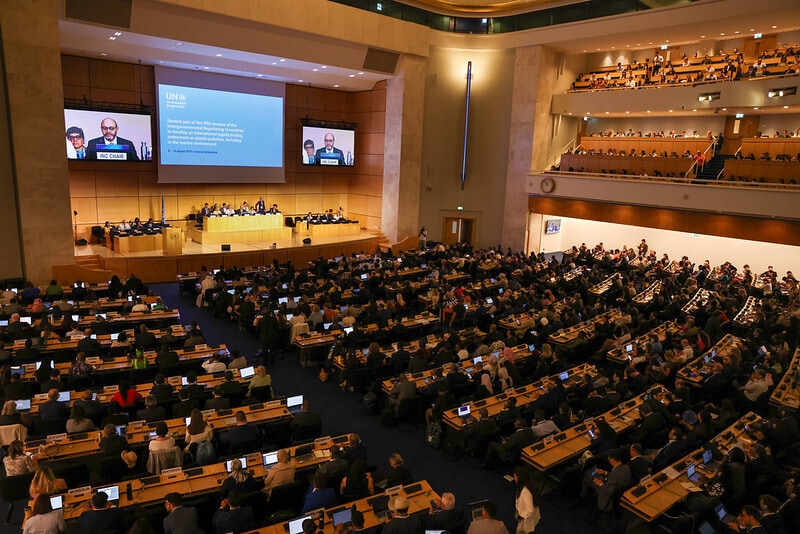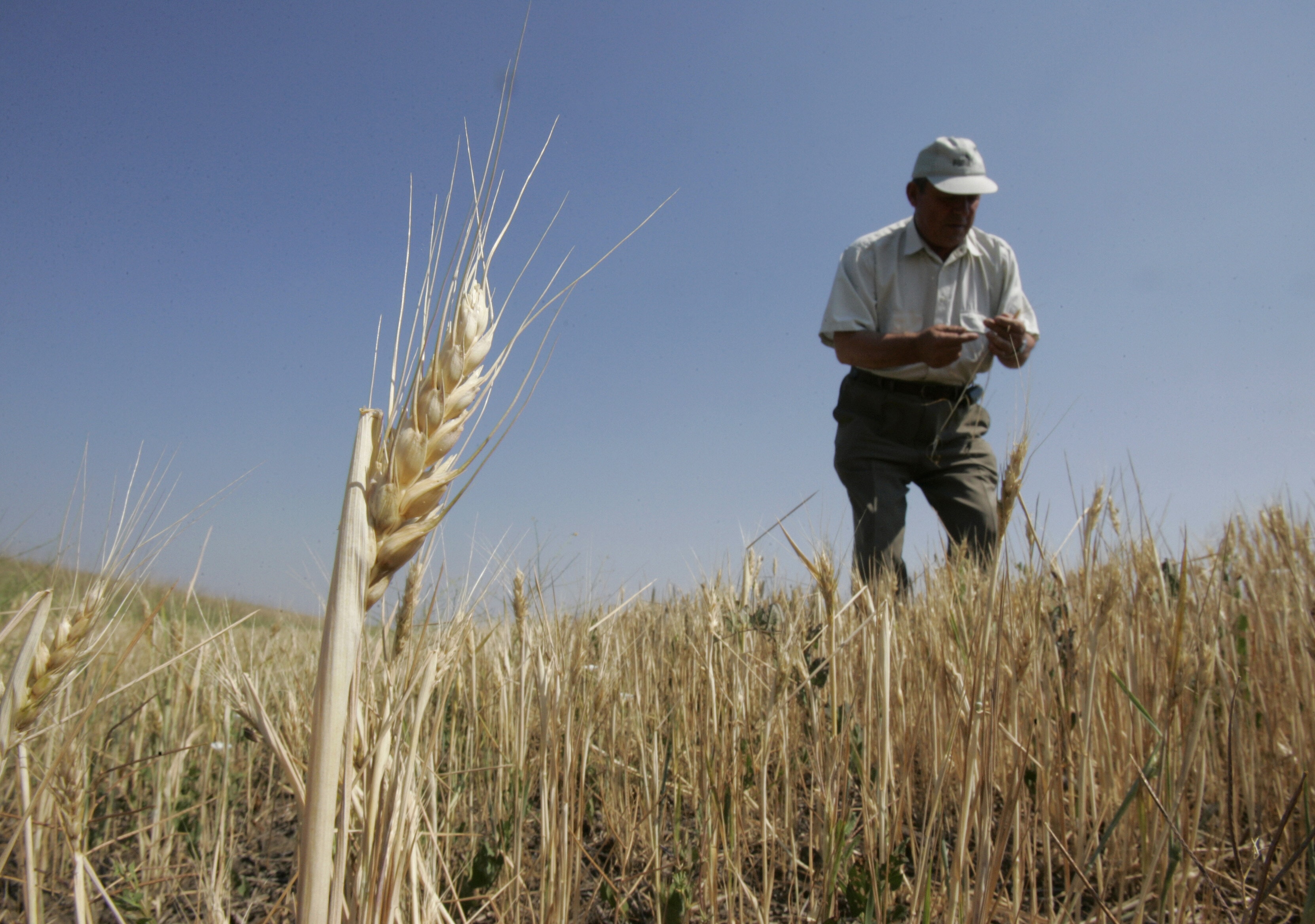New report shows why fighting climate change and nature loss must be interlinked
We can't forget about nature.
Image: Jeremy Zero/Unsplash
Marie Quinney
Lead, Impact Measurement and Management - Nature Action Agenda, World Economic Forum GenevaStay up to date:
SDG 13: Climate Action
Listen to the article
- A new report shows the importance of addressing nature loss as part of the fight against climate change.
- The report is from the Intergovernmental Panel on Climate Change (IPCC) and the Intergovernmental Science-Policy Platform on Biodiversity and Ecosystem Services (IPBES).
- 'Nature-based Solutions' offer a way forward.
The twin crises of nature loss and climate change are inextricably linked. For too long, however, biodiversity loss and climate change have been discussed and dealt with in siloes, even by independent international frameworks of the UN Convention on Biological Diversity and the UN Framework Convention on Climate Change. We may, however, be at an important turning point.
For the first time, intergovernmental scientific bodies for each global challenge, the Intergovernmental Panel on Climate Change (IPCC) and the Intergovernmental Science-Policy Platform on Biodiversity and Ecosystem Services (IPBES) have worked together on a report, which is the result of a co-sponsored workshop of 50 climate and biodiversity experts. The report finds that we can either solve both crises or solve neither.
Why does addressing nature loss matter?
Human activity such as agriculture and mining lead to direct impacts on our land, air and wildlife. These impacts all contribute to climate change and biodiversity loss. As these crises worsen, they reinforce one another.
For example, changes in temperature or rainfall due to a changing climate can cause loss of habitats and deplete ecosystems of their sustenance. Related biodiversity loss can then reduce nature’s ability to store carbon, thus exacerbating climate change. Both of these are not only problems for the environment, but have grave consequences on human wellbeing and livelihoods, particularly relating to public health and food security.
If we continue to address climate change and biodiversity loss separately, we will continue to take one step forward and two steps back. For example, quick fixes for storing carbon such as planting non-native trees can promote monoculture plantations that run the risk of eradicating biodiversity and ecosystem services, which could have damaging (and expensive) repercussions on livelihoods and our health.
What's the solution?
The good news is that solutions that reduce such trade-offs exist. To halt climate change and biodiversity loss, we need to combine emission reduction interventions with those that allow nature to flourish, such as Nature-based Solutions (NbS). For example, when transforming land for renewable energy, an integrated approach would include grazing and cropping around solar panels, simultaneously providing benefits to pollinators and other wildlife, while producing food and clean energy.
Other win-win scenarios highlighted in the report include halting deforestation in biodiversity hotspots and carbon-rich ecosystems such as rainforests, peatlands and mangroves. According to the report, we use more than 50% of all land on Earth for food and timber production. Therefore, transitioning to net-zero, nature-positive practices in the agriculture and forestry sectors would also provide significant co-benefits for climate, nature and people.
NbS can help both reduce emissions and increase our resilience to unavoidable future shocks. NbS could provide 37% of CO2 mitigation needed by 2030 to maintain global warming within 2°C, and at a lower cost than other options. Marine and terrestrial ecosystems are the only carbon sinks we have and have the capacity to absorb the equivalent of some 60% of global man-made emissions, with the potential to do even more. Equally, wetlands and forests can secure water supplies during droughts, trees can help to cool down cities during heatwaves and mangroves can protect against coastal floods.
Research shows that investing in nature could provide 395 million jobs by 2030, and the COVID-19 pandemic has provided us with an unprecedented opportunity to reset humanity’s relationship with the environment. The decisions citizens, business and governments take in the near future will shape the world for decades to come. Recovery packages should be combined with strong actions including removing harmful subsidies that do not serve the public good and supporting people with the necessary training and reskilling in green jobs. A recent study found that every $1 spent by both the public and private sectors on addressing climate change and biodiversity loss can generate up to $7 worth of return.
The World Economic Forum is committed to strengthening the link between the climate and nature agendas. Its community of Champions for Nature is promoting an integrated land and oceans management to deliver a resilient economy and equitable society. The Forum’s Nature Action Agenda also recently launched two initiatives that are promoting net-zero, nature-positive transformations in the urban and food systems, which are top drivers of GHG Emissions and Biodiversity Loss: 100 Million Farmers and BiodiverCities by 2030.
What is the World Economic Forum doing about nature?
Nature is an important ally in the fight against climate change, and addressing nature loss together with climate change offers wide benefits for businesses and jobs as we face further environmental, economic and health shocks. Net-zero, nature-positive economies would not only reduce the likelihood of future pandemics but also safeguard against future crises.
Awareness of the dangers of climate change has never been higher, and since the start of the pandemic which found people locked up indoors, people have yearned for and connected with nature like never before. Let us not forget these lessons and ensure that we urgently opt for solutions to global challenges that learn from the complex harmony of the natural world, rather than simplifying it to unsustainable outcomes. While the integration of climate change and nature in policymaking and business strategy is not where it should be, the message is clear: the longevity of our societies and economies depends on it.
Accept our marketing cookies to access this content.
These cookies are currently disabled in your browser.
Don't miss any update on this topic
Create a free account and access your personalized content collection with our latest publications and analyses.
License and Republishing
World Economic Forum articles may be republished in accordance with the Creative Commons Attribution-NonCommercial-NoDerivatives 4.0 International Public License, and in accordance with our Terms of Use.
The views expressed in this article are those of the author alone and not the World Economic Forum.
Related topics:
Forum Stories newsletter
Bringing you weekly curated insights and analysis on the global issues that matter.
More on Nature and BiodiversitySee all
Tom Crowfoot
August 20, 2025
Chavalit Frederick Tsao
August 19, 2025
Andrea Willige
August 15, 2025
Tom Crowfoot
August 14, 2025
James Balzer
August 14, 2025






